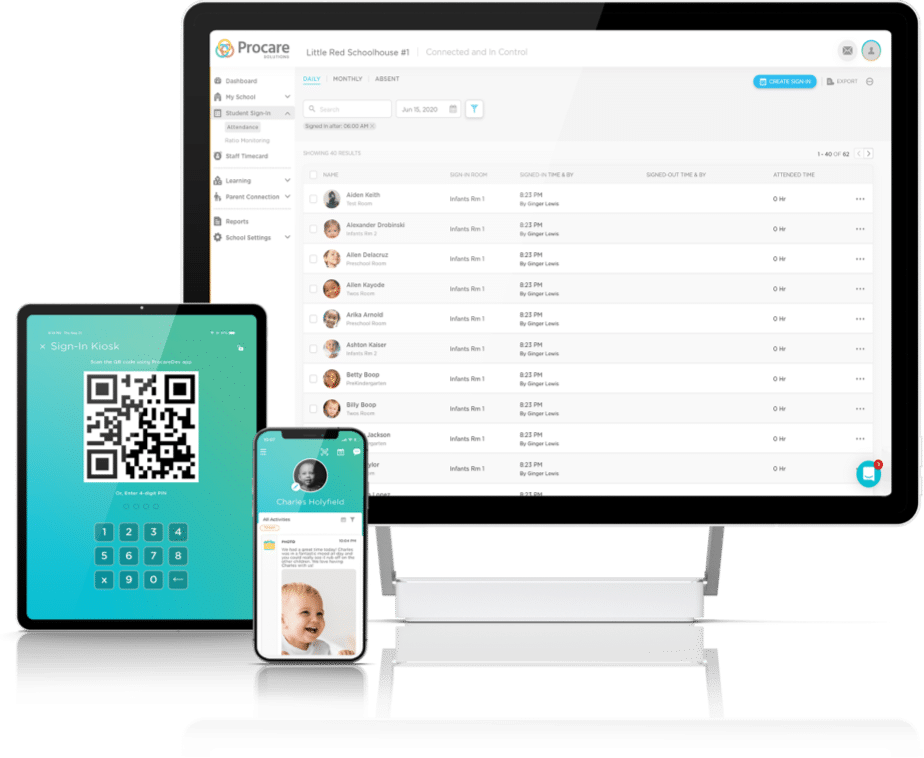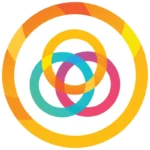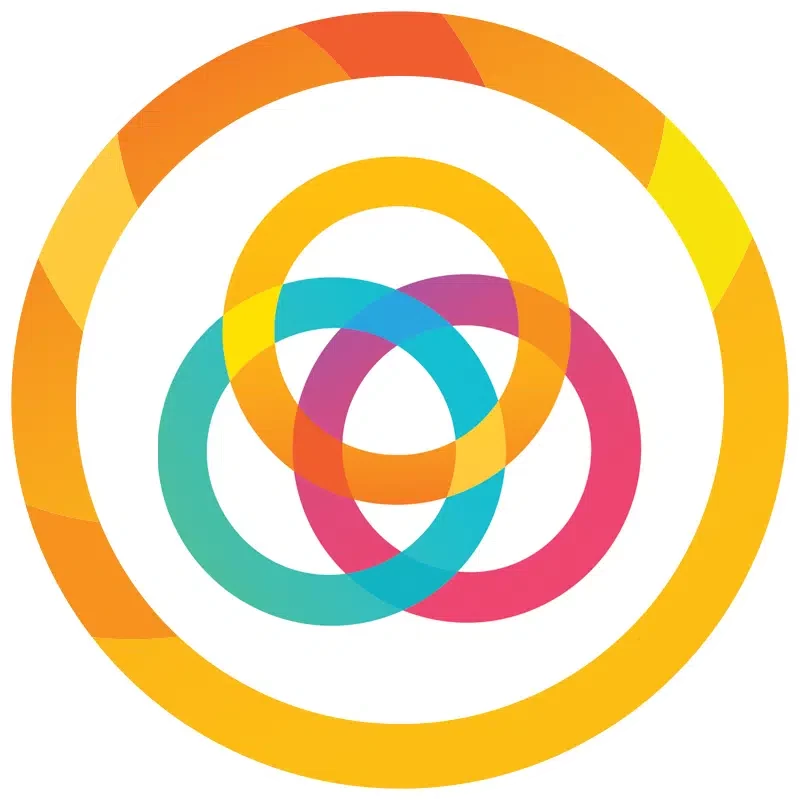
Early childhood education is a career field that has seen tremendous growth in the last few years and demand for people to fill those jobs isn’t expected to slow down any time soon.
Whether you hope to open your own daycare center, teach kindergarteners at a public school or or work part-time at a local preschool, we have some tips to consider for those considering this path.
What is Early Childhood Education?
Early childhood education, known as ECE, refers to the schooling, both formal and informal, a person receives between birth and eight years of age.
The goal of education at this stage of life is to teach children about themselves and the world around them. They learn essential skills such as how to feed themselves, speak, write and solve math equations. They also develop critical social and emotional abilities.
Humans always have engaged in ECE. Ancient civilizations taught children how to complete tasks and engage in their communities, just as we do now. But it wasn’t until the 19th century that formal education options for young children began to take shape.
The Benefits of Early Childhood Education
It’s generally accepted that young children learn quicker than adults. This is because a child’s prefrontal cortex isn’t fully developed, allowing their minds to be more flexible and inventive.
Because of this, early childhood education is essential to a child’s future. The more they learn before they turn nine, the more likely they are to achieve success.
Kids who receive adequate early education are:
- 25% less likely to drop out of school
- 40% less likely to become a teenage parent
- 70% less likely to be arrested for a violent crime
ECE is incredibly beneficial and can have a life-long impact on those who receive it.
Five Things You Should Know About Early Childhood Education

There are misconceptions about early childhood education. Here are five things you should know about ECE if you plan to pursue a career in this field:
1. Early Childhood Educators Provide Both Education and Child Care
Teachers in high schools, middle schools and upper-level elementary school grades are considered educators, not caregivers. The same cannot be said of those working in early childhood education.
ECE teachers are asked to care for young children—change their diapers, feed them, put them down for naps —and teach them valuable life skills.
2. Children Learn By Playing
According to Jean Piaget, a Swiss psychologist, young children learn best via play rather than through textbooks, lectures and other formal forms of education.
Early childhood educators should expect to play with children on a regular basis to help them grow physically, intellectually and emotionally. Doing so helps children develop cognitive skills that will benefit them later in life.
It’s important to note there are certain types of play that produce positive results. And children require multiple kinds of play to reach their full potential. As an early childhood educator, you’ll learn about the kinds of play you should offer to kids.
3. Early Childhood Education is More Than Math and Reading
Early childhood education involves more than teaching kids to read and solve math equations. These things don’t often manifest until about halfway through the early childhood education process—at roughly four or five years old.
ECE teachers are tasked with helping children develop physically by improving their eyesight and motor skills, socially by showing them how to interact with other kids, emotionally by helping them process their feelings and gain a sense of self-confidence, linguistically by teaching them to communicate effectively and cognitively by helping them learn problem-solving skills, improve their memories and express their creativity.
4. There are Many Different Approaches to Early Childhood Education
There are many different philosophies and approaches to early childhood education. Each has its own legion of supporters. Here’s a quick rundown of the three most popular ones:
- Montessori: This approach was created by the first female physician in Italy, Maria Montessori. Maria believed that children want to learn and will do so quickly when placed in the proper environment. The Montessori method teaches kids self-care, math, language, cultural studies and much more.
- Reggio Emilia: This approach also originated in Italy, back during World War II, and has since become one of the most popular education systems in the world. The method emphasises parental involvement while teaching kids through hands-on experiences and helping them develop relationships with others.
- Cognitive-Based: This approach teaches children through active exploration of an object-rich environment. It encourages curiosity and problem-solving, while giving kids plenty of opportunities to engage with each other. The cognitive-based philosophy teaches math, science, social studies, creative and language arts, music and more.
Not every early childhood education philosophy fits into one of these three categories. As you start your career in ECE, you’ll learn more about the various approaches and can determine which suits you best.
5. There is a Huge Need For High-Quality Early Learning in America
The United States is falling behind in terms of early childhood education. Almost every other developed country, from Mexico to Russia to New Zealand, enrolls a higher percentage of four-year-olds in preschool than America does.
By teaching children the skills they need to succeed, you’ll show parents how essential your services are. This could lead many of them to enroll their children in preschool in the future.
Getting a Degree in Early Childhood Education

There always will be a need for teachers in early education. If you’re interested in becoming a professional early childhood educator, here are a few degrees and certifications you might consider pursuing:
Ashworth College
If you’re looking for an online program, check out Ashworth College’s Early Childhood Education certification program.
The course features 120 hours of professional training and is flexible. Students choose how quickly they complete the coursework, which makes it a good option for busy people looking to learn basic ECE principles while balancing other life obligations.
If you hope to eventually earn a degree in early childhood education, credits earned through this program can be applied toward an associate of arts degree from Ashworth.
Indiana University Bloomington
This school’s Bachelor of Science in Early Childhood Education awards graduating students with dual Indiana state teaching licenses and guarantees that graduates will be fully certified to work and/or teach infants, toddlers, kindergartners and lower grade schoolers.
The degree teaches students to develop curricula, plan environments for young learners, build educational theories and more through bookwork and hands-on training.
This program is only offered on-campus in Bloomington, Indiana.
University of Georgia
If you want to teach young children, not infants and toddlers, the Early Childhood Education degree offered by the University of Georgia could be of interest. Once you complete the course, you’ll be certified to teach preschool through 5th grade.
The degree instructs students how to become successful teachers through course work and hands-on experience. Expect to learn how to design curricula, create effective learning environments and foster successful relationships with parents.
There is no online option for this program. Plan to attend classes in Athens, Georgia, if you choose this option.
Purdue University
The Early Childhood Education and Exceptional Needs program from Purdue University is another option, especially if you hope to work with young children with disabilities and other special circumstances.
Your training will include standard course work, as well as hands-on experience in various schools in the area. Once you complete your degree, you’ll be fully prepared to apply for your dual Indian teaching licensure as an early childhood professional.
Purdue’s Early Childhood Education degree requires students to be on campus, so keep that in mind if you hope to earn your bachelor’s degree from this school.
ChildCare Education Institute
The ChildCare Education Institute offers an Early Childhood credential program, which includes 180 hours of professional online training. The program is broken down into eight modules, each focusing on a different topic. The topics are:
- Child Growth and Development
- Safe and Healthy Environments
- Social and Emotional Development
- Motor, Language and Cognitive Development
- Principles of Assessment
- Program Management
- Relationships with Families
- Professionalism
This program allows students to pass course credits on to a partnering college. That means that aspiring early childhood educators can learn the skills they need to find a job in their preferred field while they complete their full degrees.
Starting Your Career in Early Childhood Education
So what does a career in early childhood education actually look like? Once you’ve decided on this profession and received the proper training, there are many options available to you.
For example, you could become a childcare provider at a daycare center in your hometown. You’d even be qualified to manage an entire daycare if you found one hiring for a director’s position. Or perhaps you could also get a job teaching kindergarten or early grade school.
No matter which path you choose, you’ll be tasked with molding young minds in one way or another and will have an incredibly important job in our society.
Help Your Centers Excel at ECE with Procare

Early childhood education is much easier when you have the right tools. That’s why so many preschools, daycares and elementary schools invest in Procare Solutions’ software.
Our industry-leading suite of tools will help you track student attendance, stay aligned with early learning standards in your state, run before and after school programs, and ensure child safety. It will also help entrepreneurs launch and maintain their child care businesses with payment acceptance, bookkeeping and parent engagement solutions.
If you’re an early childhood educator, or hope to enter the child care industry, we encourage you to check out Procare. Book your free, no-obligation demo today.



